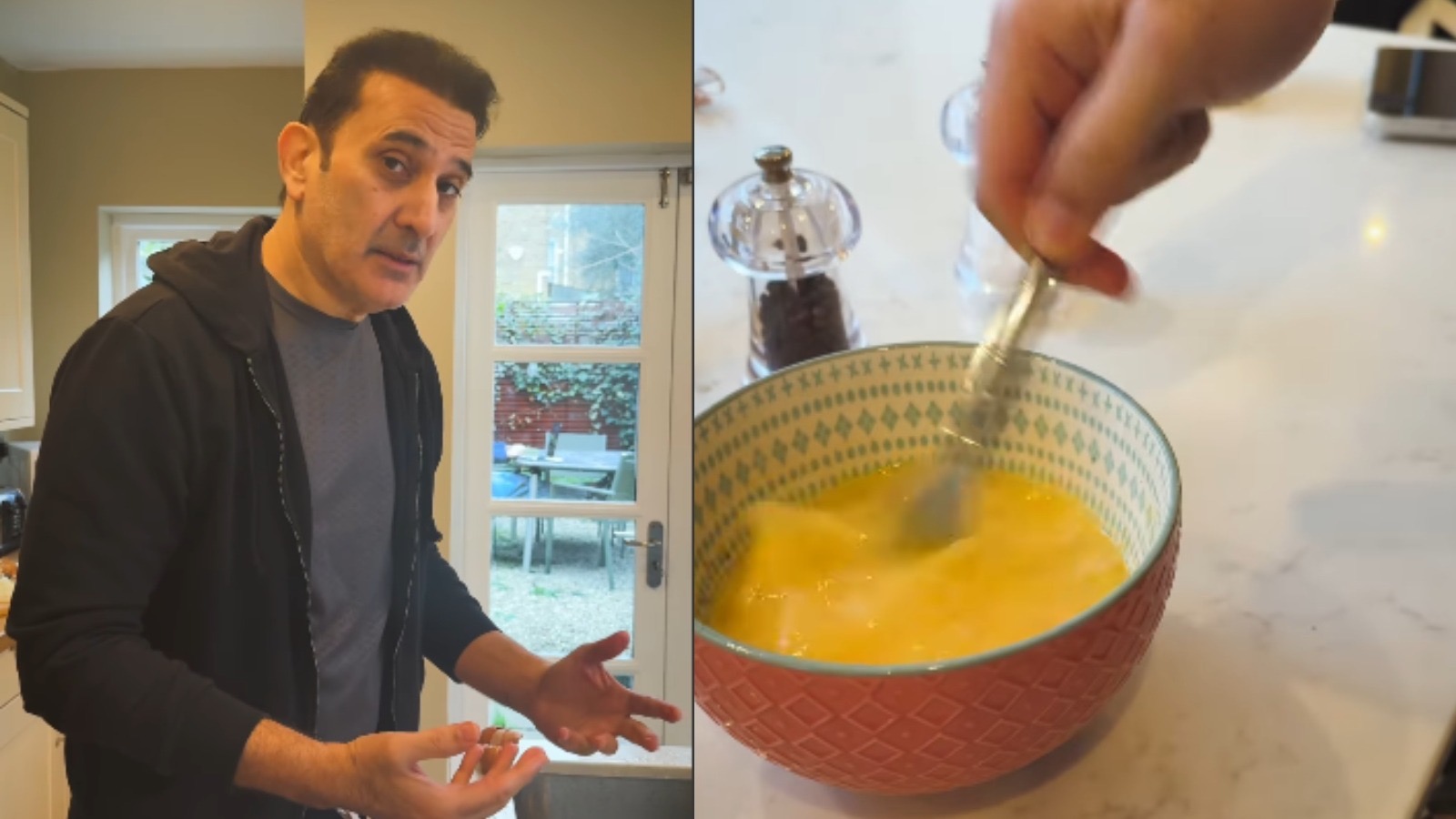A ton of research has been done on the wide range of eating disorders that urban-dwelling humans are afflicted with, to understand what triggers these and how to help patients of these disorders. From erratic sleeping schedules to levels of screen time, a number of factors may affect our eating patterns and dietary habits. However, a new study has now pointed at a new culprit that may have a link with eating disorders- dating applications. The study said that people who use dating apps are more prone to abusing laxatives to lose weight or other unhealthy and 'quick-fix' ways of losing weight, as compared to those who don't have active online dating profiles.
The study titled, "Dating app use and unhealthy weight control behaviors among a sample of U.S. adults: a cross-sectional study" was published in the Journal of Eating Disorders and was conducted by researchers at Harvard University. The researchers studied 1769 American adults, who participated in online surveys assessing their use of online dating apps as well as their association with unhealthy weight control behaviors (UWCBs). The researchers analysed self-reported frequency of dating apps as well as their engagement in six different UWCBs, done with the purpose of effecting weight loss or changing body type.
The study report said, "UWCBs included vomiting, laxative use, fasting, diet pill use, muscle building supplement use, and use of anabolic steroids." The report concluded by saying, "This study's findings contribute to the limited literature exploring the association between dating app use and adverse health outcomes, particularly UWCBs. While additional longitudinal and representative research is needed, public health professionals ought to explore dating app use as a potential risk factor for UWCBs." The study comes against the backdrop of increased usage of online dating apps by adults and young adults living across the world and there isn't enough research that examines the association between disordered eating and dating app use.
(This content including advice provides generic information only. It is in no way a substitute for qualified medical opinion. Always consult a specialist or your own doctor for more information. NDTV does not claim responsibility for this information.)











